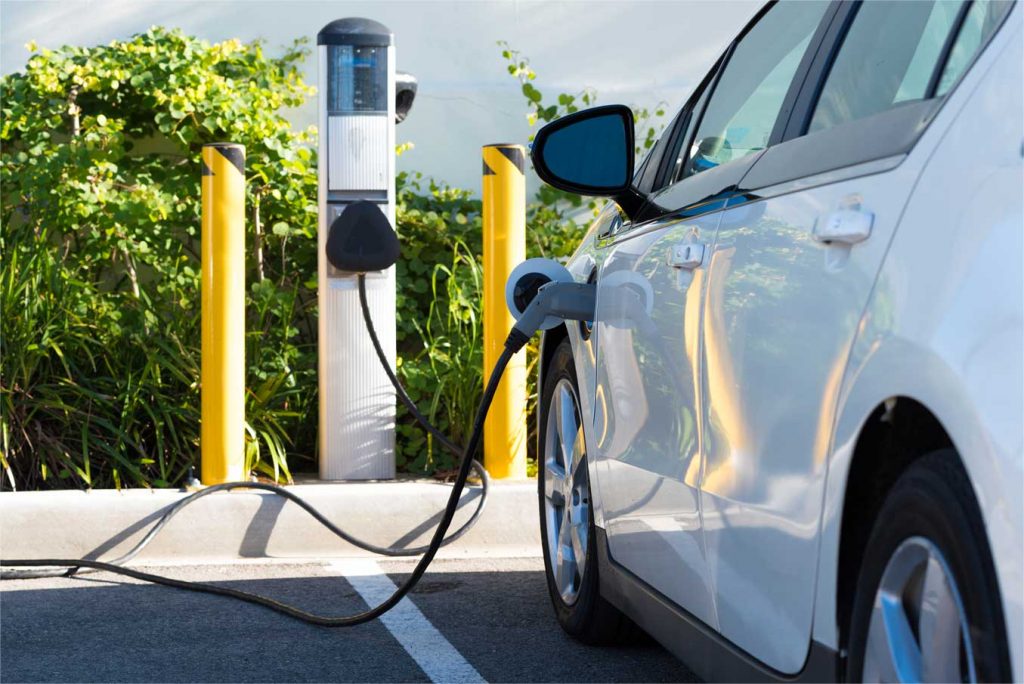Evenergi takes on challenge of increasing the number of electric cars on our roads
ARENA is funding a new initiative that aims to turn Australia into a global leader in the electric vehicle (EV) market.

Around the world, the transition to EVs is gaining pace. Global sales of electric cars exceeded one million in 2017, a 51 per cent increase from the year before. One forecast estimates that EVs will make up five per cent of global car sales by 2022. In Norway, for example, it is cheaper to run a car on electricity than petrol or diesel because of the country’s reliance on hydropower.
In Australia, the situation is much different. Despite the our reputation as early adopters of disruptive technology, we are lagging behind when it comes to uptake of electric cars— which account for just 0.1 per cent of the Australian market.
To better understand this trend, Australian startup Evenergi has partnered with ARENA to launch Charge Together. This initiative seeks to examine why EV uptake has been so slow in Australia and what it would take to boost adoption. Through the Australian Government, ARENA has provided half the funding for the $350,000 project.
Charge Together will target potential EV customers in South Australia through marketing and social media campaigns, and conduct behavioural research to identify infrastructure needs and issues around education. This will include examining “range anxiety”—when people are concerned about access to charging stations.
Some participants will be provided with technology to monitor their energy usage at home and in their car to highlight the cost implications of life with and without an EV.
Another pillar of the campaign is to increase public awareness of EVs and renewable energy. Members of the public will have the opportunity to test drive the vehicles and learn more about the practical consequences of living with an EV at a Green Drive day in Adelaide in April. Evenergi will use the data from its consumer research to produce a report of policy recommendations and to develop a publicly available online tool allowing people to calculate the costs associated with EV ownership.
The initiative will also provide car manufacturers with much-needed information about EV demand and usage, and a valuable mechanism to access a community of potential customers in the future.
Evenergi founder and CEO Daniel Hilson says that the successful implementation of incentives and infrastructure required to increase EV adoption rely on regional programs, rather than national ones.
“In order to get rapid acceleration of EV adoption, you need to focus heavily in one area and solve all the problems of infrastructure, education, and getting vehicles to market at one time,” he says.
“The idea of the program is to bring all the right stakeholders to the table—the government, the distribution network provider, the manufacturers, the people who provide infrastructure…such as charging stations…to try to work in a coordinated way in one place to drive adoption.”
The locality-based model has met with success in the UK, where EVs made up 4.2 per cent of new car registrations in 2016.
“The government in the UK has given large grants to different councils to run large-scale adoption campaigns [in their area],” says Hilson. “So, rather than trying to do the whole UK, they’ve said, ‘there are high concentrations of the right demographics in these areas—let’s incentivise it to get those areas to work.’”
South Australia, where around 50 per cent of energy comes from renewable sources and rooftop PV penetration has hit 37 per cent, was the logical starting point for the campaign, says Hilson.
“Understanding the potential impacts of EVs on both home energy use and the electricity network will provide valuable knowledge on how EVs can maximise the use of local generation, while integrating a more flexible renewable distribution grid of the future,” says ARENA CEO Mr Ivor Frischknecht.
Evenergi is also working with SA Power Networks, the Adelaide Council, South Australian Government, and the Australian Electric Vehicle Association.
LIKE THIS STORY? SIGN UP TO OUR FORTNIGHTLY NEWSLETTER

ARENA